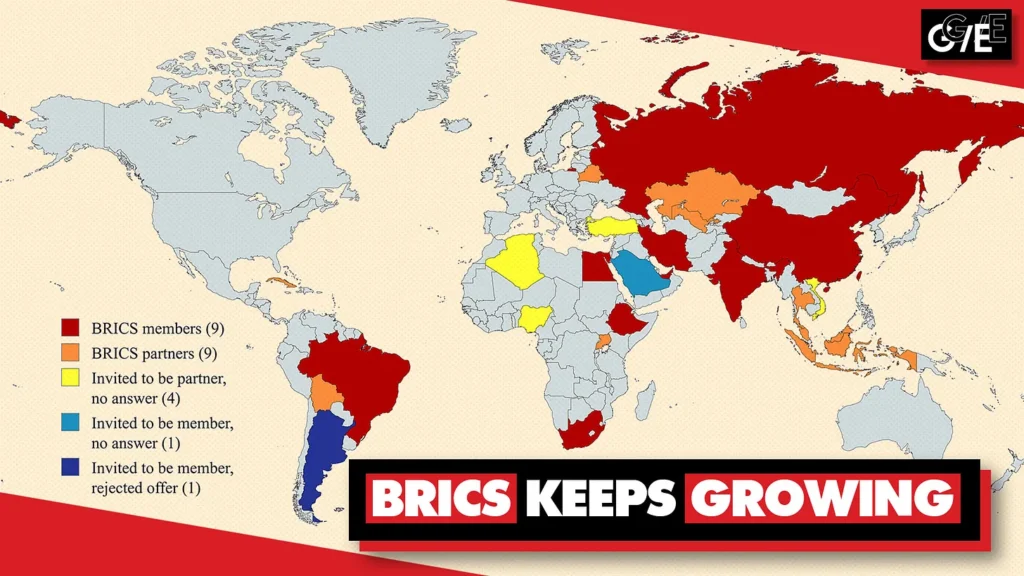In a landmark ruling on January 24, a federal judge struck down President Donald Trump’s executive order seeking to end birthright citizenship in the United States, deeming it “blatantly unconstitutional.” The decision underscores the enduring legal protections provided by the 14th Amendment, which guarantees citizenship to all individuals born on U.S. soil, regardless of their parents’ immigration status.
Judge Sarah Whitaker, presiding over the case in a Washington D.C. federal court, emphasized that the executive order overstepped presidential authority and violated the constitutional guarantee of equal protection under the law. Advocacy groups and immigrant rights organizations hailed the ruling as a victory for vulnerable communities, arguing that the executive order sought to undermine a fundamental aspect of American identity and heritage.
The Trump administration, during his second term, argued that ending birthright citizenship would discourage undocumented immigration and align U.S. policies with other nations that do not grant citizenship by birth. Critics countered that the measure unfairly targeted immigrant families and risked creating a generation of stateless individuals.
Legal experts highlighted the far-reaching implications of the ruling, particularly as it reaffirms the judiciary’s role in checking executive overreach. They also noted that any attempt to amend or reinterpret the 14th Amendment would require Congressional action or a constitutional convention, making such efforts politically and legally arduous.
The Biden administration has signaled its opposition to the policy, aligning itself with those who view birthright citizenship as a cornerstone of America’s inclusive democratic values. While Trump’s legal team has vowed to appeal the decision, many believe the ruling represents a definitive rebuke of attempts to curtail constitutional protections for immigrant communities.
This case has reignited debates over immigration reform and the balance of powers in the U.S. government. With the issue likely to surface in the 2024 presidential race, the ruling serves as a reminder of the enduring impact of constitutional law in shaping national policies.



